THE Army has always emphasized physical fitness as a large part of its training, but has not always focused as extensively on mental, emotional and social well being as it does today. The Comprehensive Soldier Fitness program will provide the missing link, teaching Soldiers to become more resilient in five aspects of total fitness: physical, emotional, social, spiritual and family strength.
CSF is an Army of balanced and healthy Soldiers, families and civilians, whose total fitness will help them thrive in a high-tempo era of persistent conflict, according to the CSF vision. Army leaders believe an emotionally and physically healthy force will result in a reduction in rates of depression, post-traumatic stress disorder, anxiety, indiscipline, domestic violence, alcohol abuse, suicide and absences without leave.
The program will be linked with the Army career tracker and the requirement for guided self-development, said Brig. Gen. Rhonda Cornum, director of CSF.
"It is a strategy to try and bring the same amount of attention to people's spiritual, emotional and social fitness as we have historically done in the Army to physical fitness," she explained.
CSF, stood up in October 2008, is developing a "global assessment tool," which will assess all five elements of Soldier fitness, Cornum said. Assessments will help create resilience training that can be tailored to the individual.
"We have a study ongoing right now at Fort Jackson. It's teaching (resiliency techniques) as part of basic training. Teaching not just the mental aspect of it, but the physical part-deep breathing, visualization about what will happen, so (they are teaching) the mental and intellectual aspects as well as the physical," Cornum said.
Resiliency techniques have resulted in measurable improvements, she continued, adding that the Navy provides 45 minutes of resilience education a week during basic training. The results are improved graduation rates and decreased rates of psychological discharges.
"The same training would be applicable to civilians and family members and we certainly intend to offer it," Cornum added.
Cornum, a medical doctor who holds doctorates in both nutrition and biochemistry, believes resilience training will help with something she calls "post-traumatic growth"-mentally reframing an adverse situation so it does not become traumatic.
Resilience training will help an individual look at more optimistic and realistic choices, rather than falling into negative thought processes, she explained.
Cornum can speak personally about post-traumatic growth experiences, since she has encountered them firsthand. While performing a search-and-rescue mission in late February 1991, during the Persian Gulf War, her Black Hawk helicopter was shot down. She and three other survivors were taken prisoner by Iraqi forces; Cornum was repatriated on March 6 of the same year.
"I have been very fortunate to have come through some difficult circumstances in my life...and I think I had that 'post-traumatic growth experience' because I went into it with an attitude of expecting that to happen. And I think we can give that opportunity to a lot more people," Cornum said.
"I think most people-certainly the literature says that most people-will come through a very difficult, very stressful, very traumatic experience with some kind of growth. But it does help and it does make it more likely if you've done some pre-adversity training," she explained.
One example of CSF and resilience training Cornum cited was the "Strong Bonds" workshop the Army Chaplain Corps runs. Strong Bonds is a marriage-enrichment program focused on enabling spouses to communicate better and build a stronger relationship, the program Web site states. There is evidence that it does improve family relationships, Cornum said.
"From a truly preventive standpoint, we would like to make self-confident, mature, compassionate and empathetic Soldiers," Cornum explained. Resilience training and other programs, like Strong Bonds, will help create that type of Soldier, family and civilian, and decrease the likelihood of individuals engaging in negative behavior, like sexual assault.
Cornum cautions that CSF is not directly related to sexual assault and suicide awareness or programs like the Family Covenant.
"Those are educational things, but they're not really intended to increase your fitness. They are intended to inform your behavior," she said.
Since October 2007, CSF has conducted extensive research for appropriate and effective training methods, as well as beginning implementation of the global assessment tool. Starting next year, training will be offered to families and civilians, and become mandatory for Soldiers, Cornum said.
"I'm really excited about it," she added.
For more information about CSF, visit <a href="http://www.army.mil/CSF">www.army.mil/CSF</a>. For more information about Strong Bonds, visit <a href="http://www.strongbonds.org">www.strongbonds.org</a>.
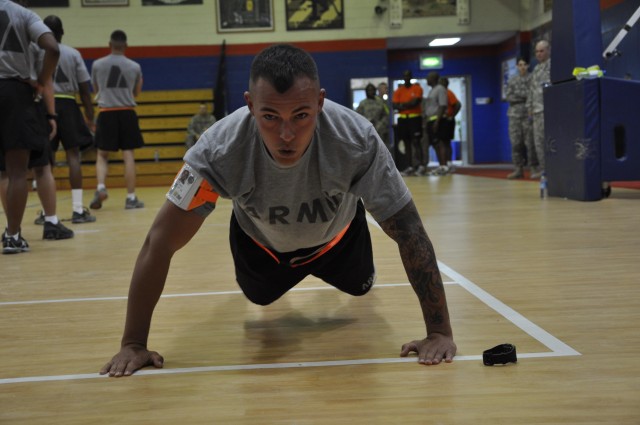
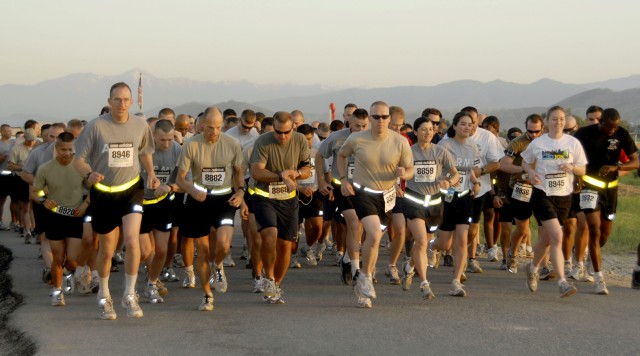
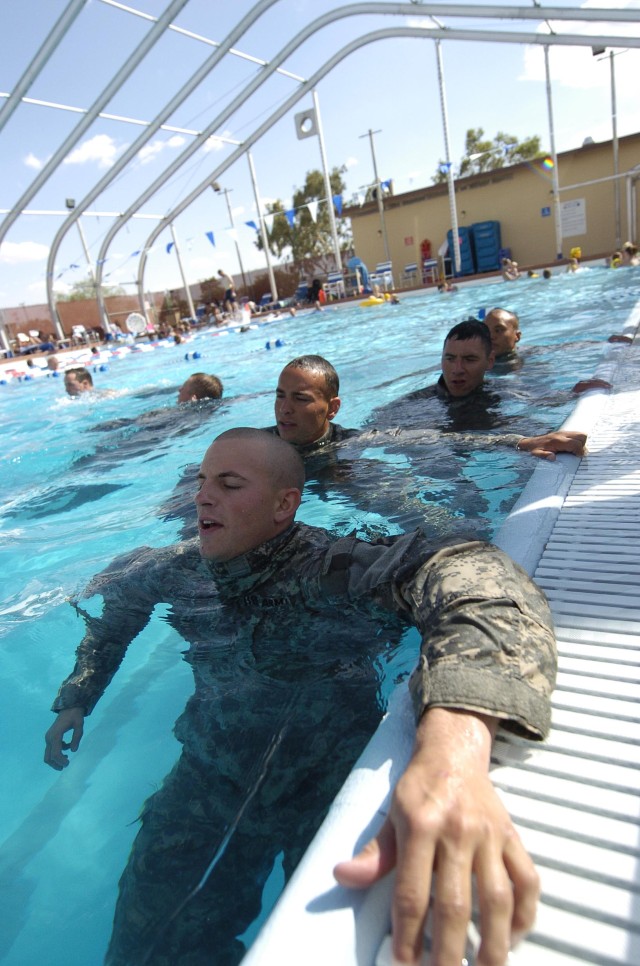
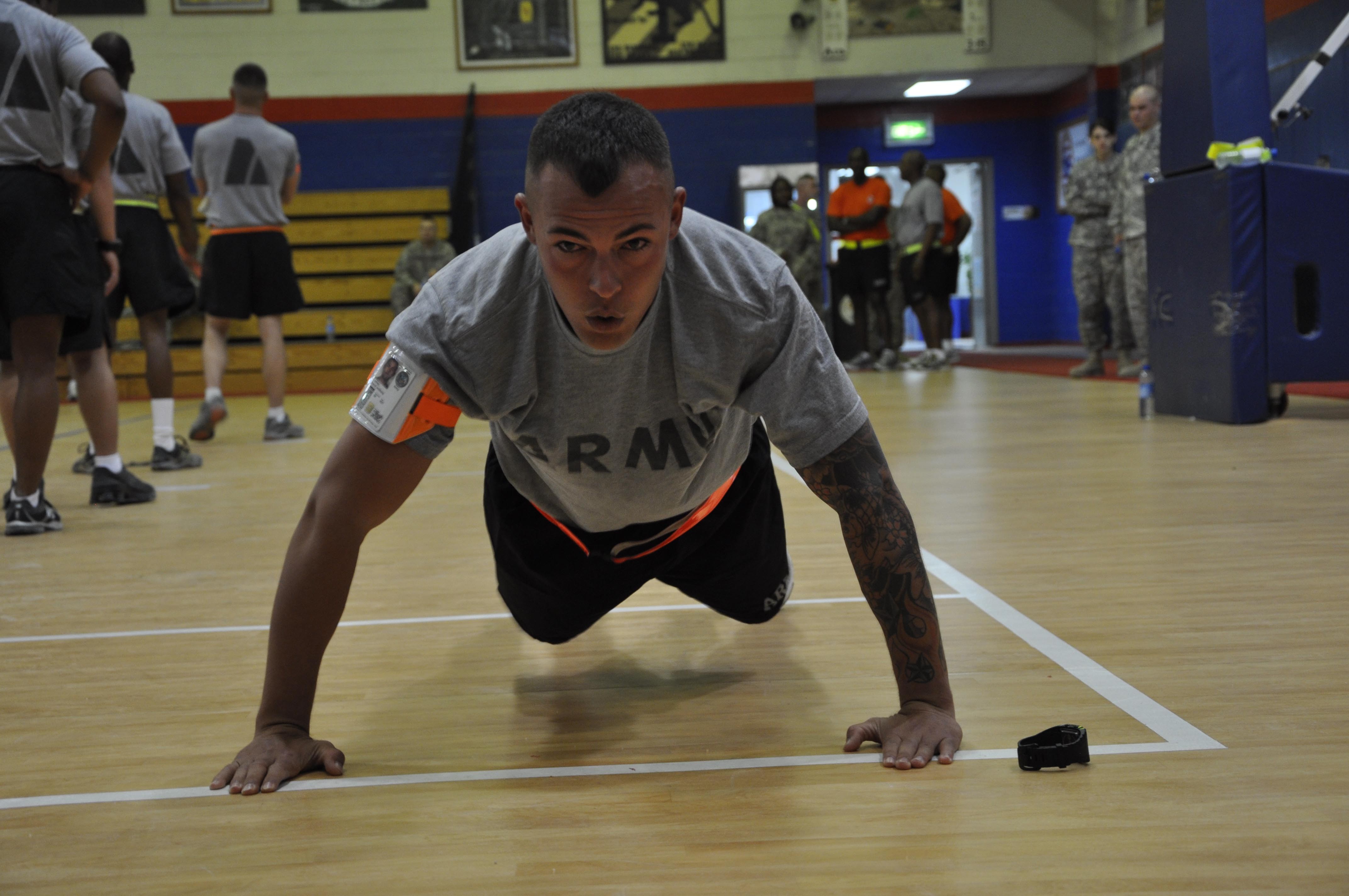

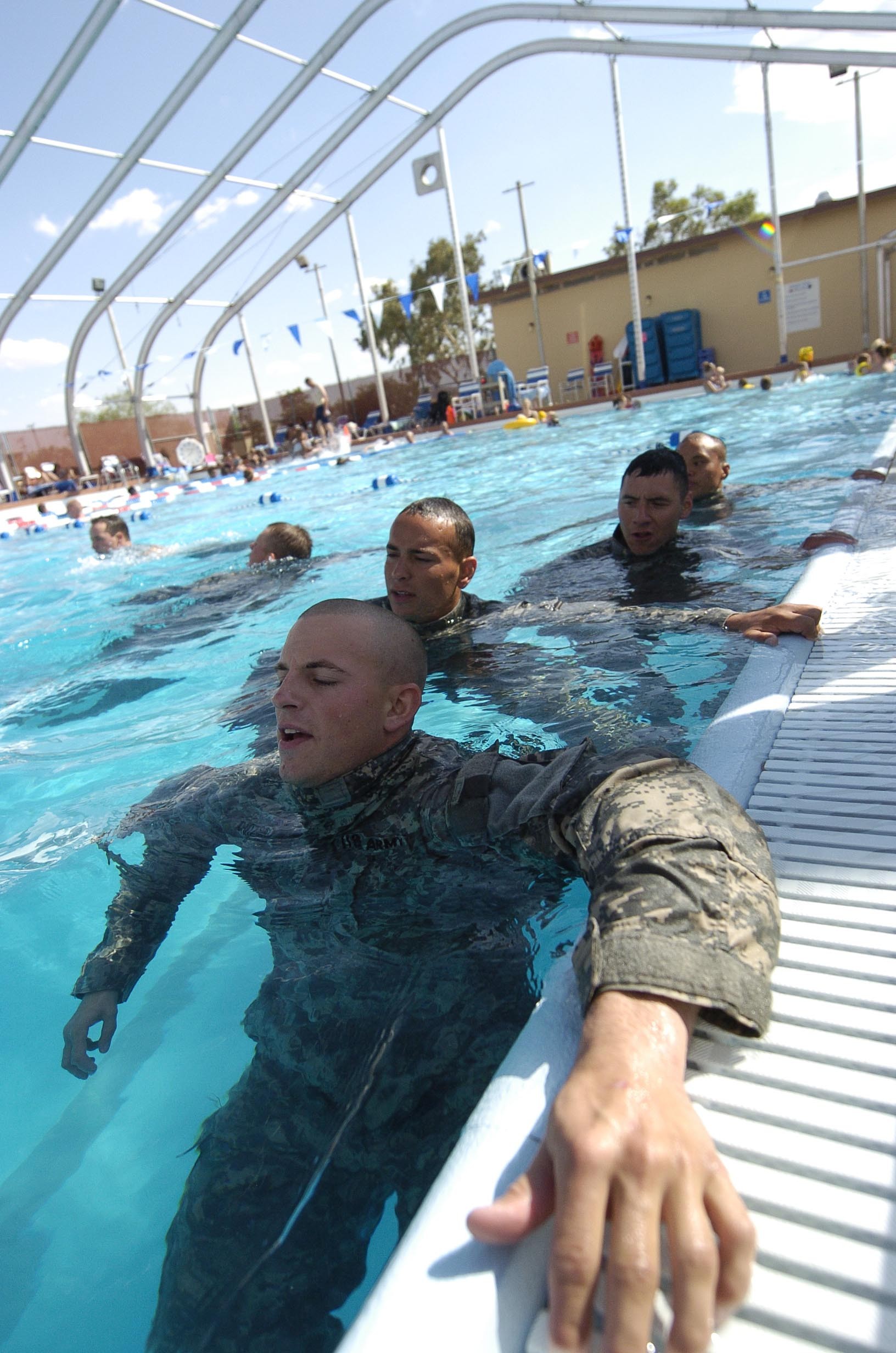
Social Sharing